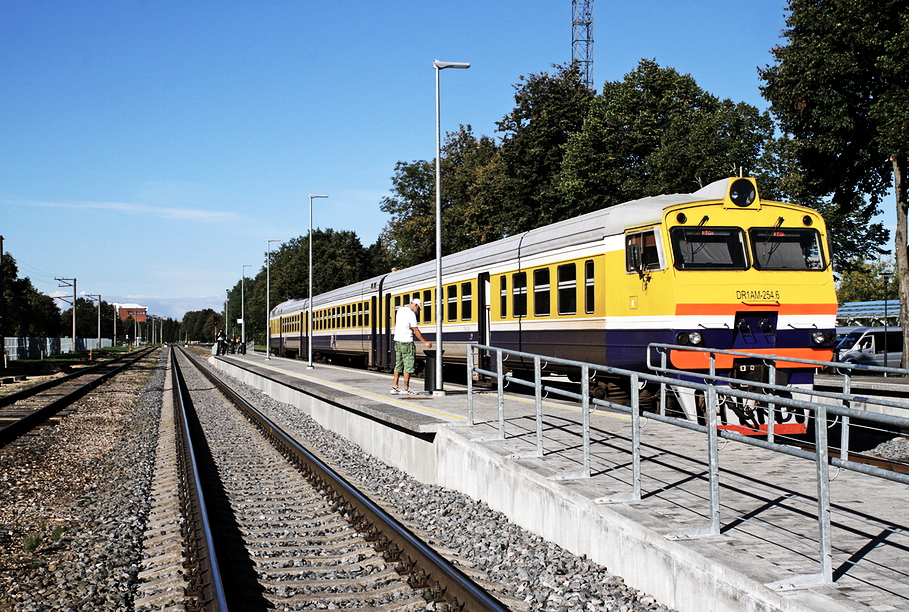There are four suspects in the case, who have cost the state an estimated €1.485 mln in losses. If they are found guilty, the suspects may face jail terms of up to four years, community service, fines and an up to five-year ban on holding certain positions.
According to information obtained by BNS, the suspects in the case include members of the Passenger Trains management board who were in charge of the passenger train tender, organized in 2011. At that time, the company's management board included chairman Nils Freivalds, as well as board members Edmunds Kancevics, Janis Petersons and Martins Jirgens.
In March 2013, the Latvian Prosecutor General's Office opened a criminal probe into the failed train procurement deal and forwarded the case to the State Police for investigation.
The prosecutor's office had revised the application of the Transport Ministry submitted on Dec. 21, 2012, on the suspended train procurement, and assessed the attached documents.
The probe discovered that the decision of the Pasazieru Vilciens board on Oct. 3, 2012, sending an announcement to Spanish company Construcciones y Auxiliar de Ferrocarriles, S.A. (CAF) on suspending the agreement on supply and maintenance of trains signed on Apr. 2, 2012, contains indications of crime, and a decision was made on March 21 to launch a criminal procedure, and the case has been sent to the police for pre-trial investigation, said Senberga.
The Latvian Transport Ministry as the shareholder of Pasazieru Vilciens on Oct. 15, 2012, decided to ask the law enforcement agencies to assess the liability of the company's former management in relation to the tender for purchase of new trains.
The company’s new board had pointed out that the previous board was responsible for signing of the agreement with the Spanish company Construcciones y Auxiliar de Ferrocarriles (CAF), which was declared as the winner of the tender, even though the agreement was inconsistent with the tender requirements, which might result in Latvia losing 100 million euros of financing from the Cohesion Fund that was earmarked for purchase of new trains.
Pasazieru Vilciens held the tender for supply of 34 new electric trains and seven diesel trains, and CAF was declared as the winner of the tender. The procurement costs were estimated at 144 million lats (€205 mln), of which 100 million lats was a co-financing from the EU Cohesion Fund.
CAF filed for a mediation procedure with a Stockholm court of arbitration, insisting that the contract was still valid despite the parties' disagreements on the amendments to this contract.





























